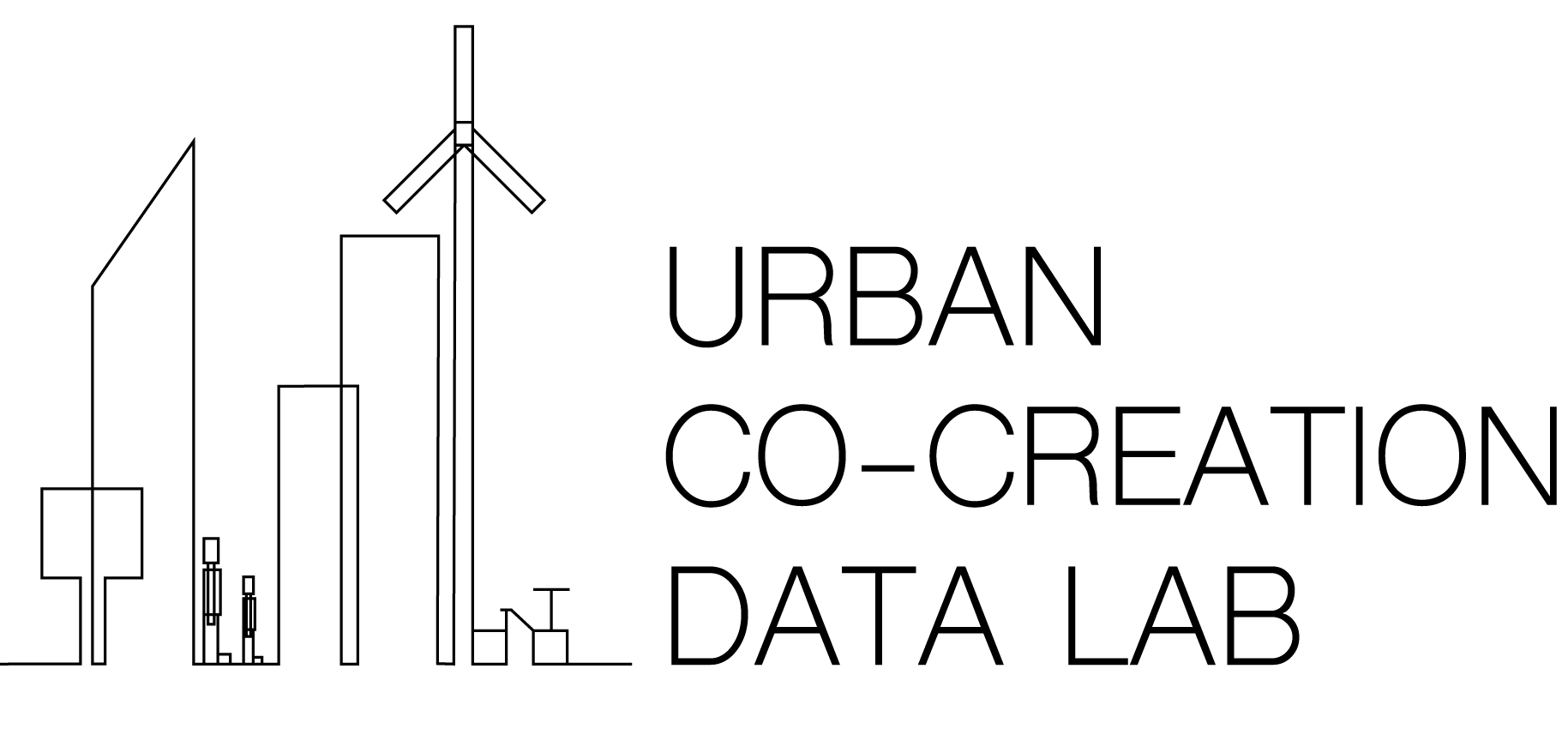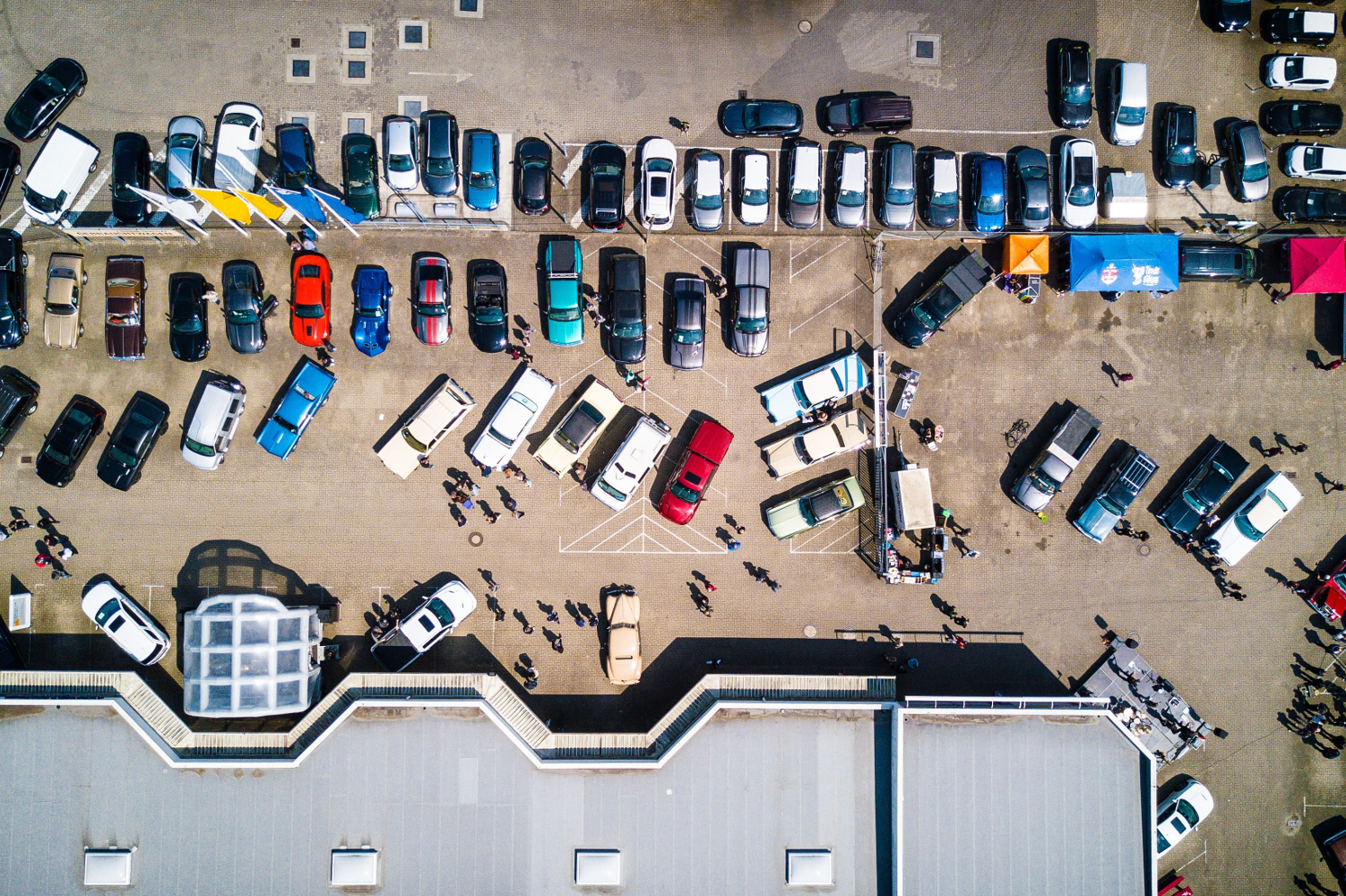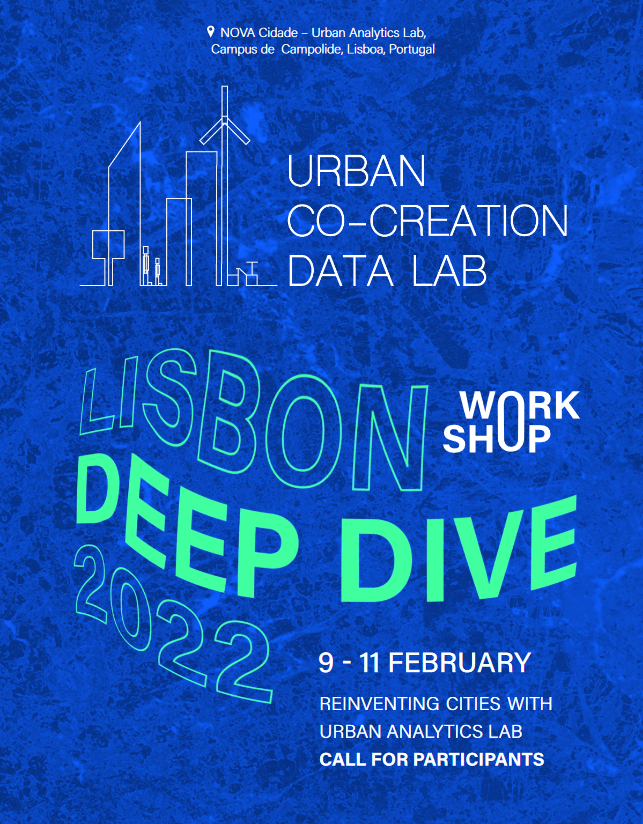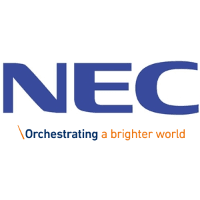5 CHALLENGES
MOBILITY
To support new planning and management approaches altogether with new tools to evaluate impact and prediction of behaviours.
WASTE
MANAGEMENT
Identification of patterns/profiles and solid waste production prediction in the city of Lisbon.
To identify patterns to support the prediction of the production of urban waste associated with a variety of context information.
PARKING
Identification of patterns and prediction of parking in the city of Lisbon to improve surveillance efficiency.
To create new models either to predict or to generate viable alternatives for illegal parking in the city.
POLLUTION
Elaboration of predictive models for the propagation of liquid and atmospheric pollutants in the city of Lisbon.
To develop predictive models for the propagation of liquid and atmospheric pollutants.
EMERGENCY
Identification of patterns and predictive modelling of traffic accidents.
To deploy a prediction model in PGIL, where it will provide the day before, the streets and periods of the day in which is expected the occurrence of traffic accidents.
6 ACTIVITIES
Activity 1: Data preparation and open data infrastructure assessment
Activity 4: Dissemination and Communication of results
Activity 2: Services analytics refinement and HPC preparation
Activity 5: Future sustainability
Activity 3: Co-Creation Labs: perform experiences and validation by cities
Activity 6: Project Management
13 MILESTONES STATUS
Activity 1
Data preparation and open data infrastructure assessment
Done (2 of 2)
100%
Activity 2
Services analytics refinement and HPC preparation
Done (3 of 3)
100%
Activity 3
Co-Creation Labs: perform experiences and validation by cities
Done (2 of 2)
100%
Activity 4
Dissemination and communication of results
Done (3 of 3)
100%
Activity 5
Future sustainability
Current (1 of 1)
100%
Activity 6
Project management
Done (1 of 2)
100%
















